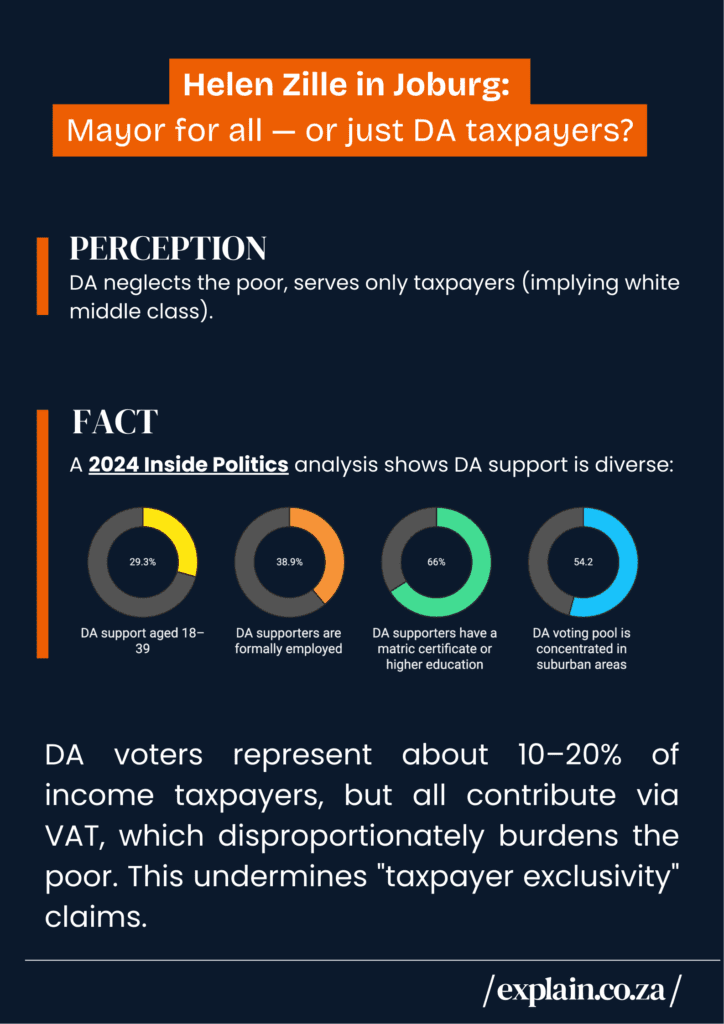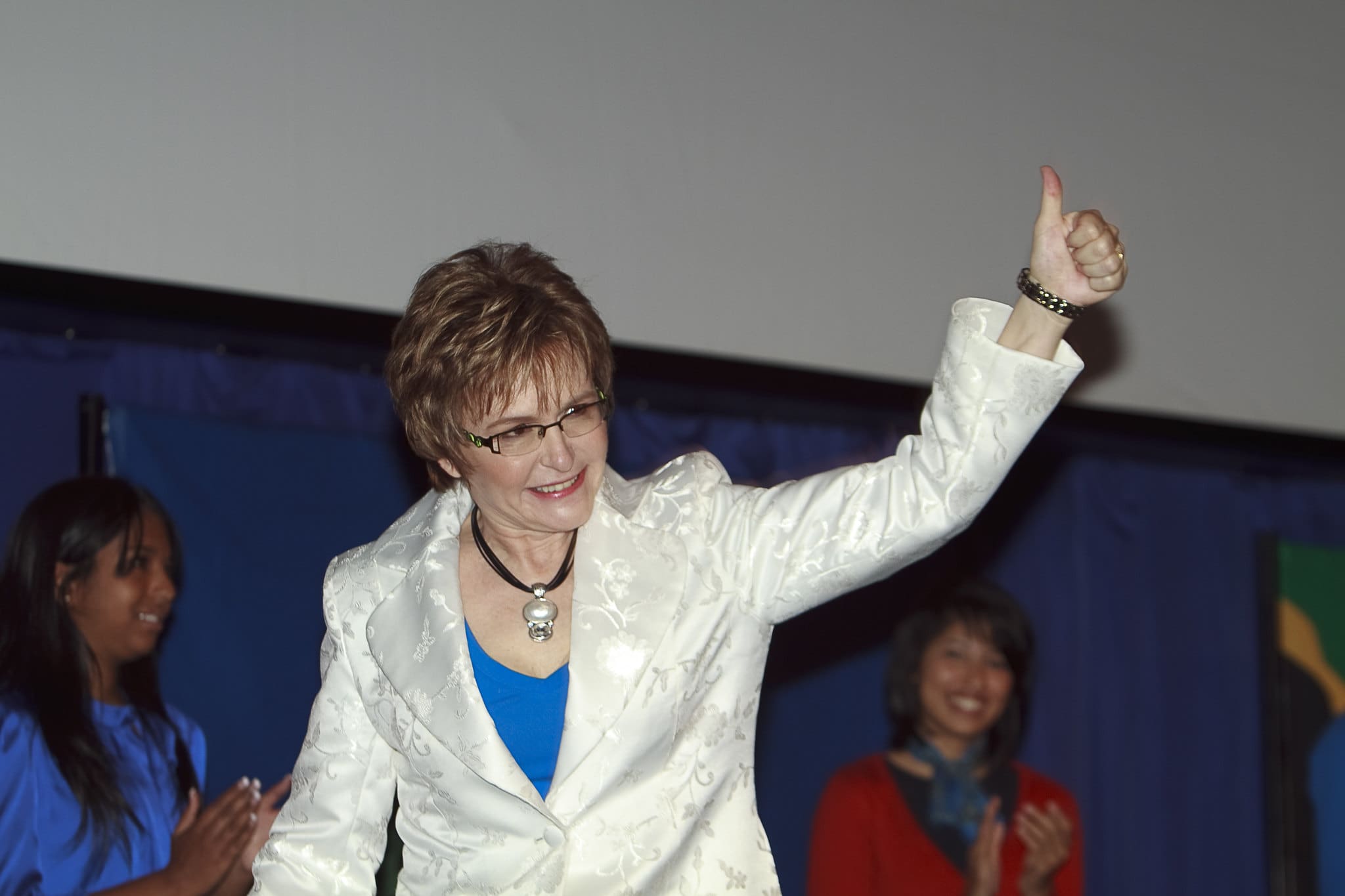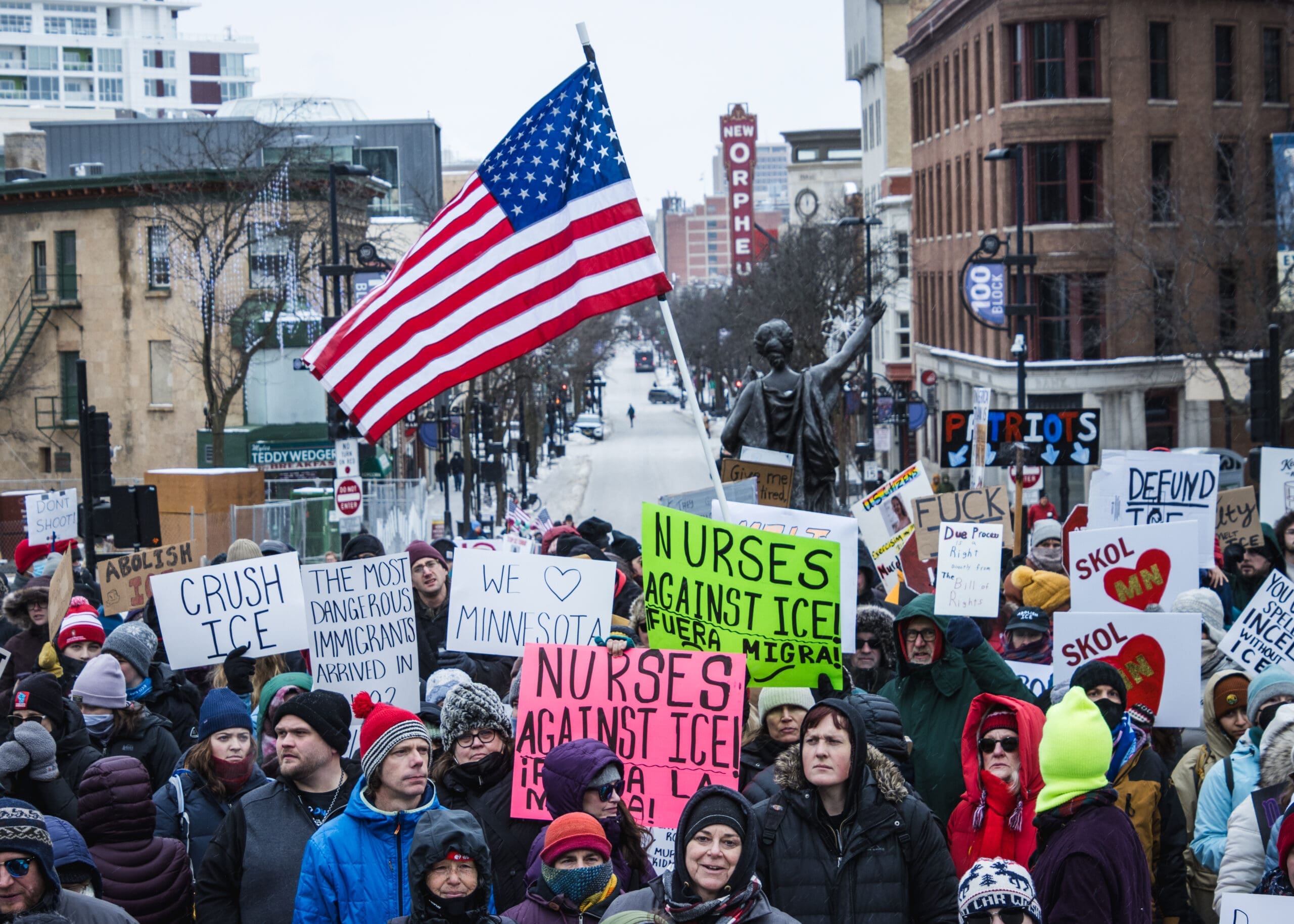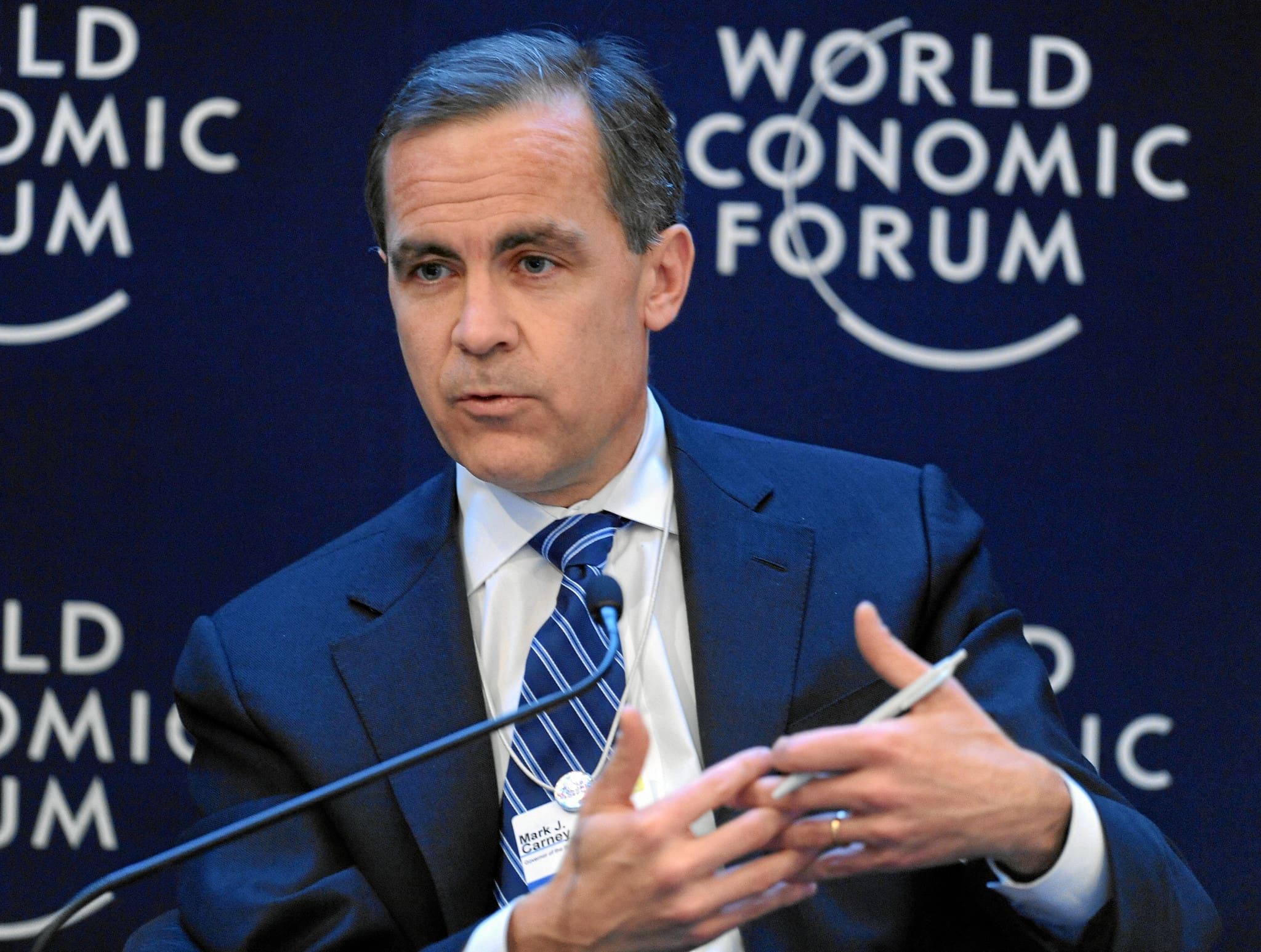Helen Zille wants Joburg. But is she promising leadership for all — or just for the rate-paying elite?
That’s the debate resurfacing as the 74-year-old Democratic Alliance (DA) veteran formally announces her bid for Johannesburg mayor this Saturday ahead of the 2026 local elections.
Zille’s record in Cape Town, where she served as mayor from 2006 to 2009, is often paraded as a masterclass on efficient, no-nonsense governance. But while the DA hails her tenure as a turnaround story, critics argue she governed with the middle class in mind, leaving poor and working-class communities behind.
Now, with Johannesburg facing its own crises in infrastructure, water, and electricity, Zille’s Cape Town record offers both a tempting blueprint and a cautionary tale.

What is Helen Zille’s political history?
Helen Zille didn’t just stumble into politics — she bulldozed her way in. Long before she became a DA heavyweight, she was a journalist – famously exposing the apartheid regime’s cover-up of Steve Biko’s death in 1977 while working for the Rand Daily Mail. This investigative zeal propelled her into public service and set the tone for her political career.
She formally entered politics in the late ’90s, first as a Western Cape Member of the Executive Council for Education, under the old New National Party, pushing for improvements in struggling schools. By 2004, she was in Parliament with the DA, and two years later, she got her first big prize, pulling off a political upset and becoming Cape Town’s mayor.
It was a big deal. The DA wrested control of the city from the ANC-led coalition, earning its first major urban victory, and Zille walked into a mess — crumbling infrastructure, chaotic finances, and a divided city.
Her response? Tighten the purse strings, boost spending where it counts, and start cleaning up the books. Under her, Cape Town got its first clean audit in years and upped capital expenditure to 77% of the budget. This, together with crime-fighting initiatives, put the DA on the national map — just in time for the 2010 World Cup spotlight.
What was Zille’s legacy as Cape Town mayor?
Ask the DA and they’ll tell you Helen Zille rescued Cape Town from the brink — turning chaos into what they now trumpet as South Africa’s “best-run city.”
But peel back the branding, and the story isn’t so neat. A 2011 Daily Maverick opinion piece dubbed Cape Town the “world racism capital,” pointing to racial segregation in social spaces, where classism masked racism. Zille’s administration faced backlash for uneven development, with townships like Gugulethu lagging behind the richer suburbs.
The DA insists the city’s budgets — then and now — prove their pro-poor credentials.
They point out that recent budgets in Cape Town (well after Zille’s mayoralty) have large proportions of spending targeting low-income households. For example, in 2024/25, the DA-run city reported that about 75% of its infrastructure spend directly benefits lower-income households (roughly R9 billion of a R12 billion infrastructure budget).
Still, critics say those stats don’t tell the whole story. Projects in wealthy suburbs (parks, stadiums, and a Waterfront upgrade) sometimes get large allocations; some of the poorest areas still suffer from failing infrastructure, sanitation issues, flooding, uneven maintenance, and poorer service reliability.
In other words: yes, Zille helped steady the ship, but not everyone felt the benefits equally.
Did the DA under Zille do well for the Cape Town poor?
From a grassroots perspective, residents in poorer areas reported persistent gaps. Informal settlements, home to around 30% of Cape Town’s population at the time Zille took office, received disproportionate attention in rhetoric but not always in funds.
Data reveals disparities. In 2006/07, the R17.2 billion budget emphasised growth, but affluent areas received faster upgrades. Ndifuna Ukwazi, a social justice organisation focused on land and housing rights, criticised the lack of affordable housing on committed sites like Salt River Market, identified in 2008 but undeveloped 15 years later. While the DA claimed 75% pro-poor spending, actual allocations skewed towards suburbs, exacerbating a two-tiered city.
The People’s Land Map, developed by Ndifuna Ukwazi, underscores the spatial division between the rich and poor in Cape Town: despite ample public land available for affordable housing—enough to address backlogs and desegregate the city—transparency and utilisation remained inadequate under DA governance. The map, based on data from 2018–2022 but reflective of long-standing issues, criticises the lack of coordinated use of vacant public land, perpetuating spatial apartheid.
Activists argue this perpetuates apartheid-era divides, with black and coloured communities commuting long distances, spending up to 40% of their income on transport.
Has subsequent DA leadership done a better job?
Yes, with caveats.
Since Zille, mayors like Dan Plato and Geordin Hill-Lewis have thrown serious money at Cape Town’s infrastructure—R9.5 billion in 2024/25 alone, with R39.5 billion planned over three years, focusing on equitable distribution. Big numbers, but what does that mean? Basically, they’re trying to fix things like crumbling pipes, potholes and power systems faster than they break.
Plans include R40 billion over three years for sewer upgrades, informal settlement improvements, and MyCiTi expansions. Translation? More working toilets and drains, upgrades in shack settlements, and buses reaching more communities.
Water and Sanitation spent 95% of its R4 billion, reducing spills and bursts. Critics, however, say spatial divides remain.
The DA calls this “equitable distribution” — spreading resources more evenly between wealthier suburbs and poorer townships. For example, instead of just upgrading pipes in Constantia or Claremont, the city has also started large-scale sewer and water projects in places like Khayelitsha and Delft, where systems were under the most strain.
Is Zille a mayor for everyone or just DA taxpayers?
A central debate is whether Zille governs for all or primarily the middle class. Perceptions stem from her controversial comments, such as a 2012 tweet labelling Eastern Cape migrants seeking better education in the Western Cape as “refugees,” which drew accusations of xenophobia and class insensitivity. She later apologised, but the remark lingers.
Herman Mashaba, former Johannesburg mayor and ActionSA leader, has accused Zille of elitism, claiming her bid aims to “bring apartheid back” by prioritising the middle class over the poor. Mashaba alleges DA policies neglect townships, echoing broader critiques.
Zille contends that bolstering the middle class—through stability and growth—generates jobs and revenue to uplift the poor indirectly. In Cape Town, this led to lower unemployment than national averages, potentially benefiting broader society.

So, is Helen Zille a mayor for everyone, or for the middle class?
With all the evidence:
- She has shown willingness to invest in poorer wards, and recent DA budgets reflect pro-poor infrastructure allocations.
- But under her leadership, and thereafter, service delivery in townships has often lagged behind in consistency, scale, and quality compared to wealthier suburbs.
- The rhetoric around “tax payers,” “who votes for DA”, etc., and controversial statements (like the “education refugees” tweet) feed perceptions that she sees some citizens as more deserving than others.
- The demographics of DA voters show more diversity than many other parties (including lower-income and township voters) than critics often allow, but the wealthier and more secure parts of the population are overrepresented in the middle-class and high-income bands.
So, Zille’s record is not strictly “for the middle class only,” but nor is it unambiguously pro-poor in all senses. As Zille eyes Johannesburg, her Cape Town era—marked by efficiency but equity debates—could define her campaign. Will she adapt for inclusivity, or face apartheid-era echoes? Voters decide in 2026.
*Helen Zille and her team did not immediately reply to our requests for comment.
Emma is a freshly graduated Journalist from Stellenbosch University, who also holds an Honours in history. She joined the explain team, eager to provide thorough and truthful information and connect with her generation.




